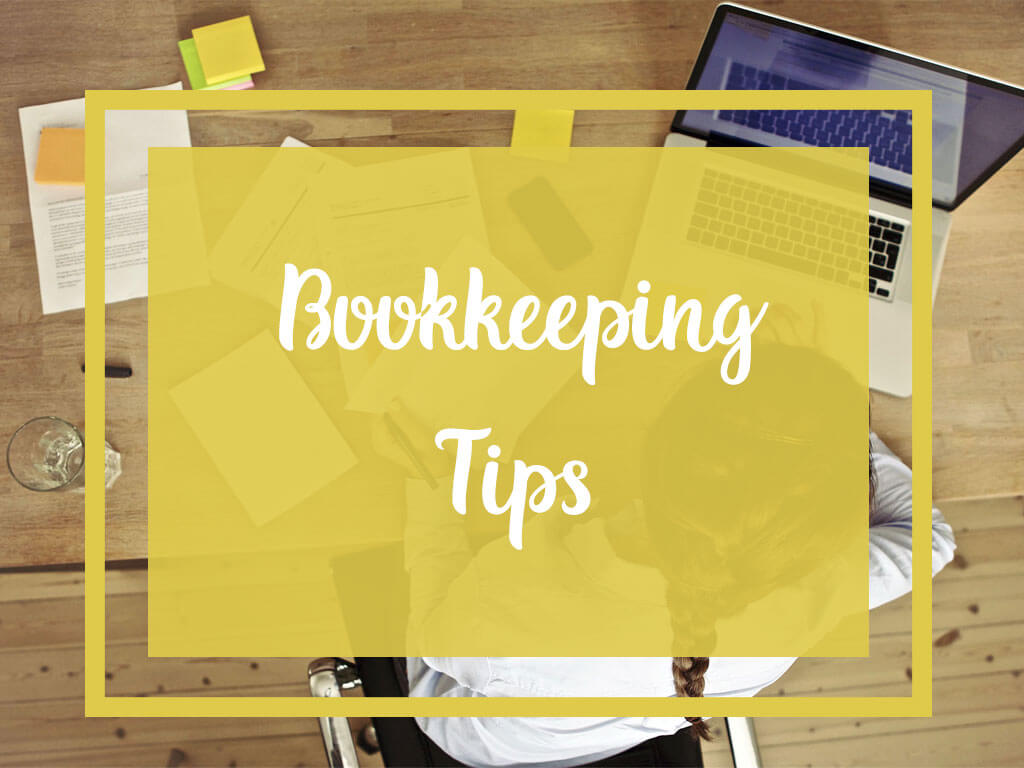Small business bookkeeping for beginners
Are you a start-up business or a small business owner who’s wondering where to begin when it comes to business bookkeeping? Managing your business finances is the core of any business and is very important in running business operations as smoothly as possible. If you’re new to small business bookkeeping, it may sound like an intimidating concept at first. That’s why keeping all records as transparent and organised as possible can help you save time and spare you from further headaches. You should also try and learn some basic bookkeeping techniques, many of which we’re outlining below. If you want to outsource your bookkeeping to a trusted, local team, choose premierone for bookkeeping in Brighton, Bayside, and anywhere across Melbourne. How do I set up bookkeeping for my small business? Setting up small business bookkeeping is easy with the help of accountants like Premierone Consider hiring bookkeeping services in Melbourne and allow expert professionals to guide you and help you regain control of your business accounts. With an accountant on your side, you can plan for a better and more profitable future. Can I teach myself bookkeeping? If you’re a small business owner, you may do what is known as single-entry bookkeeping, which is the most basic and straightforward form of record-keeping. It’s called single-entry because you use one journal or one folder to record transactions. However, as your business grows, you may need to shift to double-entry bookkeeping, which is more complex. This is when you use more than one source to collate data and historical payments. If you want a head start before seeking help from an expert bookkeeper, then here are some more ways to begin. 1. Open a business bank account Mixing business and personal finances is one common mistake that start-up business owners find themselves making when handling their finances. One way to manage your business finances is to open a separate business bank account to separate your personal finances from those of your business. Doing so will help you to grow your business and at the same time: Keep track of your business finances Simplify tax deduction monitoring Deposit business payments 2. Keep track of all your business transactions Organised and accurate expense tracking is one good foundation and a habit that small businesses owners should have when bookkeeping. How do small businesses learn bookkeeping? Tracking all business transactions allows you to monitor your business growth and at the same time, is one of the most efficient ways to manage all your business expenses. This is one simple yet effective way to start learning efficient bookkeeping. Tracking all transactions for your small business bookkeeping lets you: Organise your business’ financial statements Track all your deductible expenses Prepare tax obligations Accurately establish your documentation and receipts Keeping track of all your business transactions helps you assess where most of your funds are going and where you may consider adjusting your spend. This way, you can allocate funds and budget for business use, and your paper trail can tell you what business activities are more profitable than others. 3. Establish an effective bookkeeping system Big and small businesses need an efficient and effective bookkeeping system that will help generate positive financial growth. Since small business bookkeeping is a daily and ongoing process of recording, categorising, and reconciling financial details, business owners must know how to compile accounts and entries in an orderly manner. Some of the ways small business owners can develop their own personalised bookkeeping system are: Using cloud systems like Xero bookkeeping services and MYOB bookkeeping services Hiring an in-house bookkeeper or accountant Outsourcing to a Melbourne-based bookkeeper 4. Set up an efficient payroll system Small businesses may have any number of employees or outsourced contractors. That’s why business owners need to set up an organised and systematic payroll system that is adequate, efficient, and timely. Your payroll system should automatically withhold the correct tax and comply with Australia’s wage and super regulations. As an employer, you also need to include payment contributions to superannuation, life insurance, and health services. You may then need the help of a Melbourne bookkeeper for an efficient cloud bookkeeping service that will keep track and maintain your business’ payroll records. 5. Hire an expert bookkeeper Managing a business along with bookkeeping can be very challenging. Business owners who suffer from bookkeeping stress may feel overwhelmed by the lack of time they have to devote to bookkeeping. Small business owners can rely on professional bookkeeping services from Maximum Business for accurate and transparent record-keeping. Outsourcing a bookkeeper can help you unload the weight of doing manual bookkeeping tasks, leaving you free to concentrate on other aspects of your business. Your bookkeepers can also introduce you to faster, more modern, and time-saving bookkeeping software, including cloud-based Xero and MYOB. Bookkeepers are qualified to make your small business bookkeeping more streamlined to better align with your business tax, payroll, and accounting processes. Do you need small business bookkeeping for your new small business? Find financial support with the help of Maximum Business Solutions! Small business bookkeeping can be challenging and time-consuming. So why go through bookkeeping pains when you can outsource your small business bookkeeping with the help of a small business bookkeeper? Maximum Business Solutions provides bookkeeping services to all types of businesses across Melbourne’s South East and Bayside regions. Our team of qualified, experienced, and transparent bookkeepers provide you with a variety of bookkeeping services including: Small business record keeping Account management provisioning Payroll processing Audit preparation Cloud software implementation Invoicing services Business Activity Statements (BAS)/ Income Activity Statement (IAS)
Small business bookkeeping for beginners Read More »




